Dinner for 1 in Hong Kong and in Helsinki on April 9 & 10, 2019.
Enjoying the flight to reach the Hong Kong event (see post) and returned.
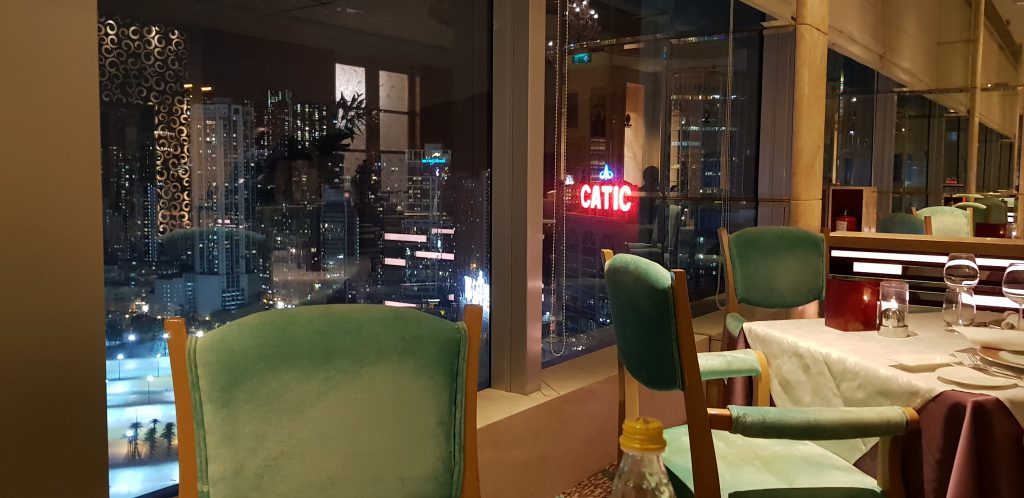
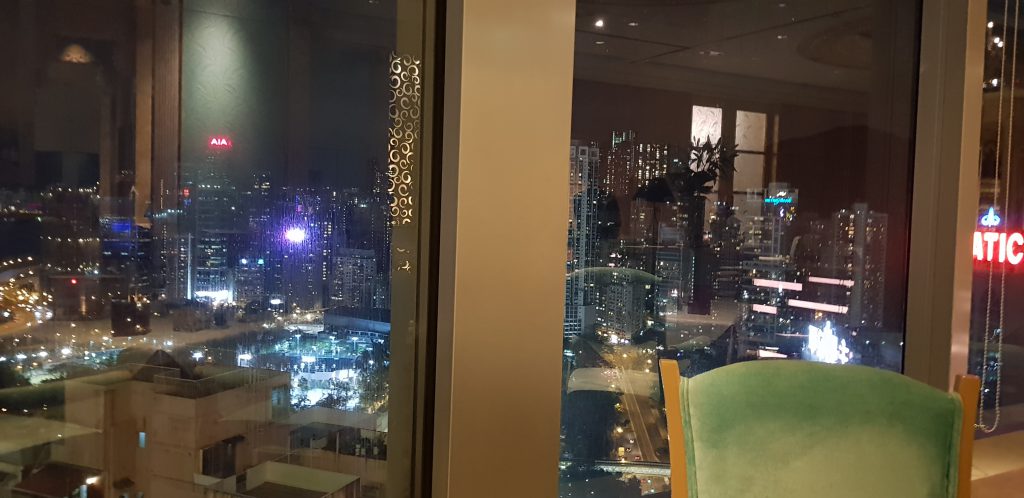

Dinner for ONE; alone for the evening in the restaurant with great view on Hong Kong at night
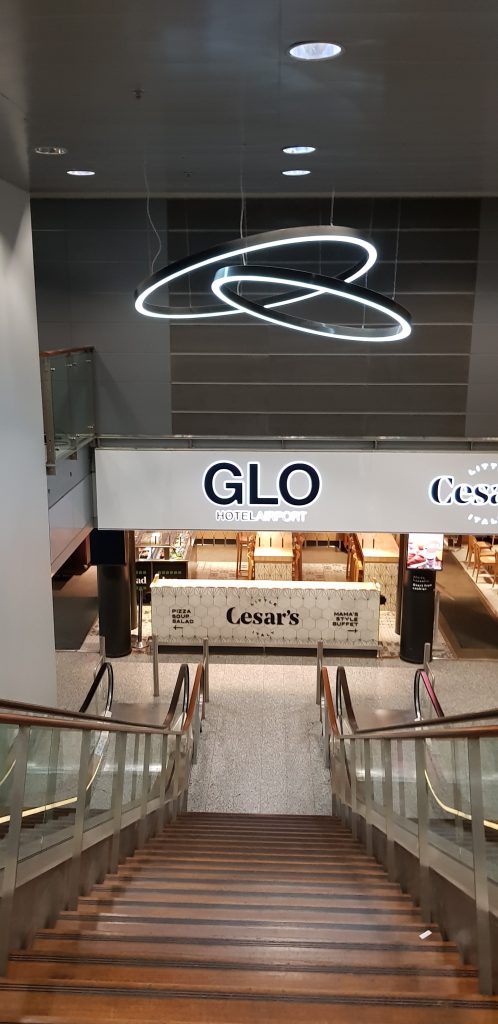
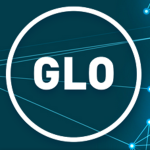
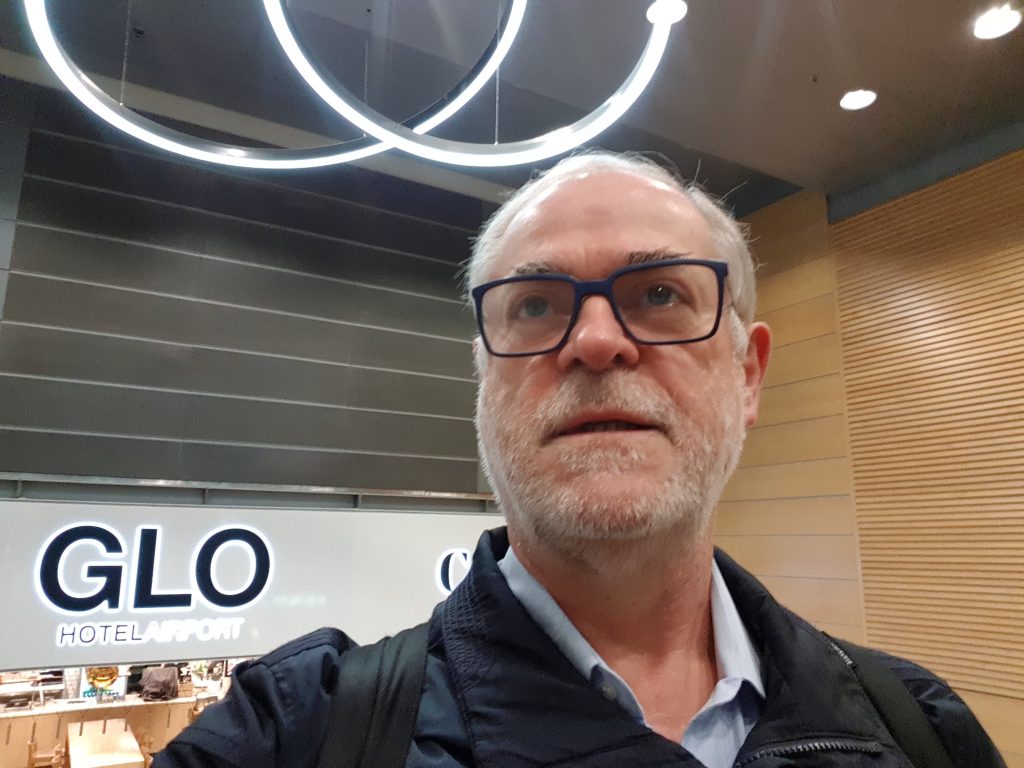
Ends;
Dinner for 1 in Hong Kong and in Helsinki on April 9 & 10, 2019.
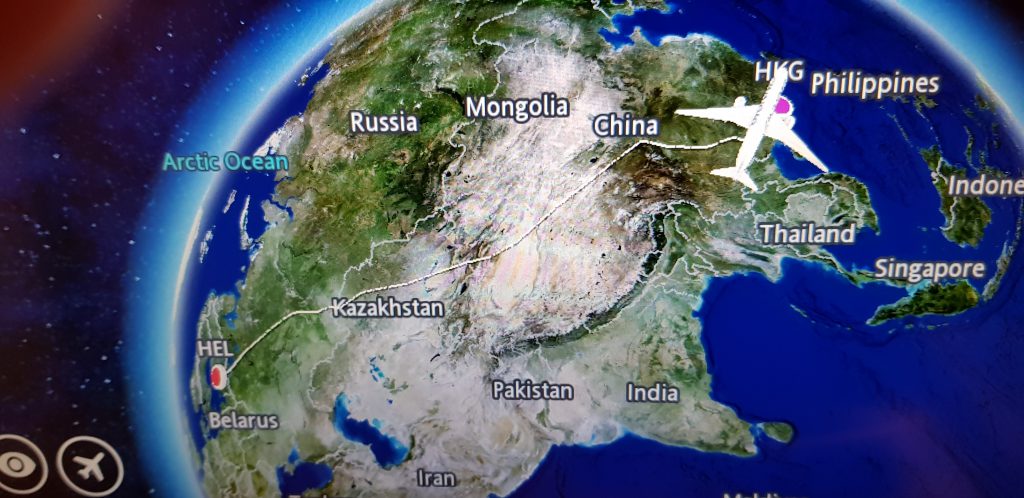

Enjoying the flight to reach the Hong Kong event (see post) and returned.






Ends;
The President of the Global Labor Organization (GLO), Klaus F. Zimmermann, is currently the George Soros Chair Professor at the School of Public Policy of the Central European University (CEU) in Budapest, where he teaches a class in Global Labor Economics. On May 8, he will deliver a university-wide public lecture on “Global Labor Economics: Challenges and Benefits” (see here for further details and the possibility to participate).
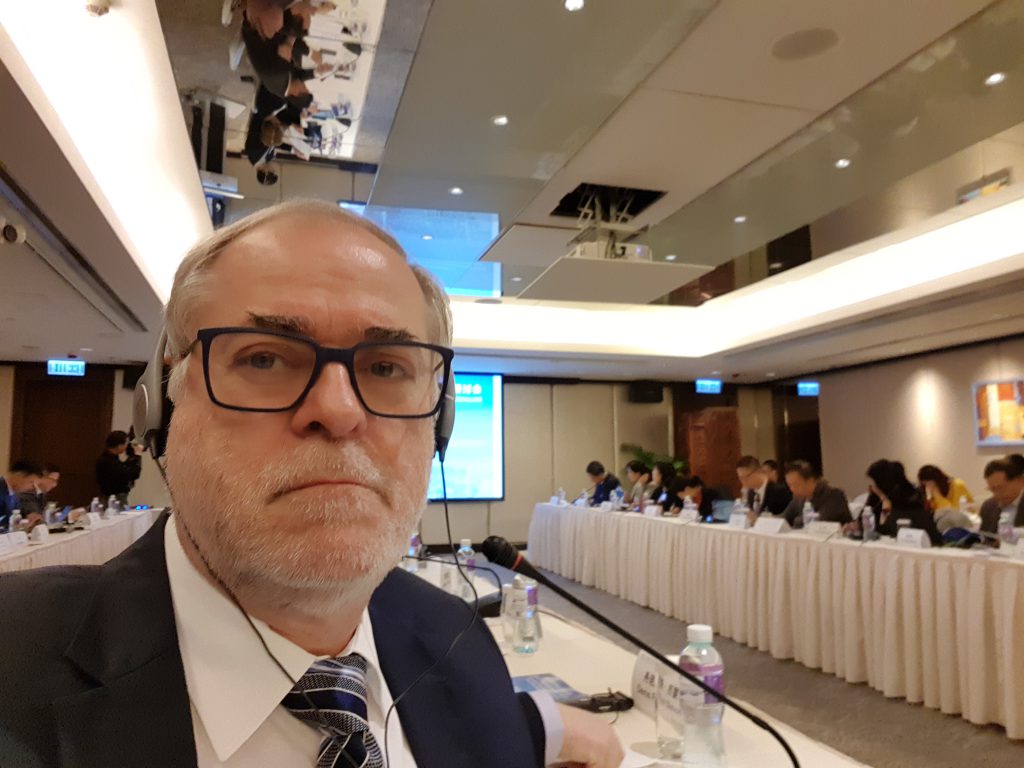
On the initiative of Huiyao (Henry) Wang, the President of the Beijing-based Center for China and Globalization (CCG), a large number of participants representing global organizations recently met in Hong Kong to debate and foster the creation of a World Talent Alliance. The event, organized by the Center for China and Globalization Hong Kong Council, took place on April 10, 2019. Under the direction and leadership of Henry Wang, a larger number of speakers debated the needs and perspectives of global talent flows.
George Soros Chair and GLO President Zimmermann was participating at the event. Representing GLO, he was given the honor to open the panel debate on the future of talent movements around the world. While being a long-term advocate of regulated (legal), but open global labor flows, Zimmermann explained the large potentials of talented worker flows for global welfare and regional development. He strongly welcomed the Chinese initiative fostered by Henry Wang, which as he said would “nicely complement the Chinese Belt & Road project“.
Transnational movements of talent have become a key component of economic growth and international relationships. The global movement of talent fosters societal change, generates well-being of the public and promotes peace and development around the world.
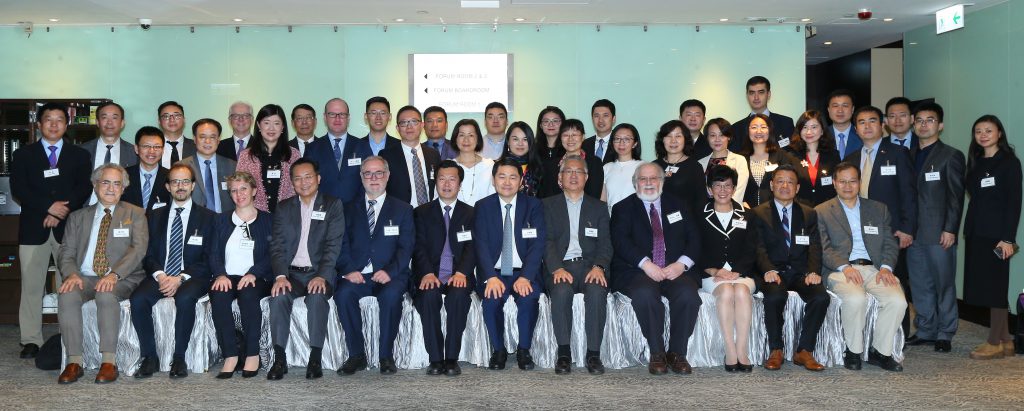
Ends;
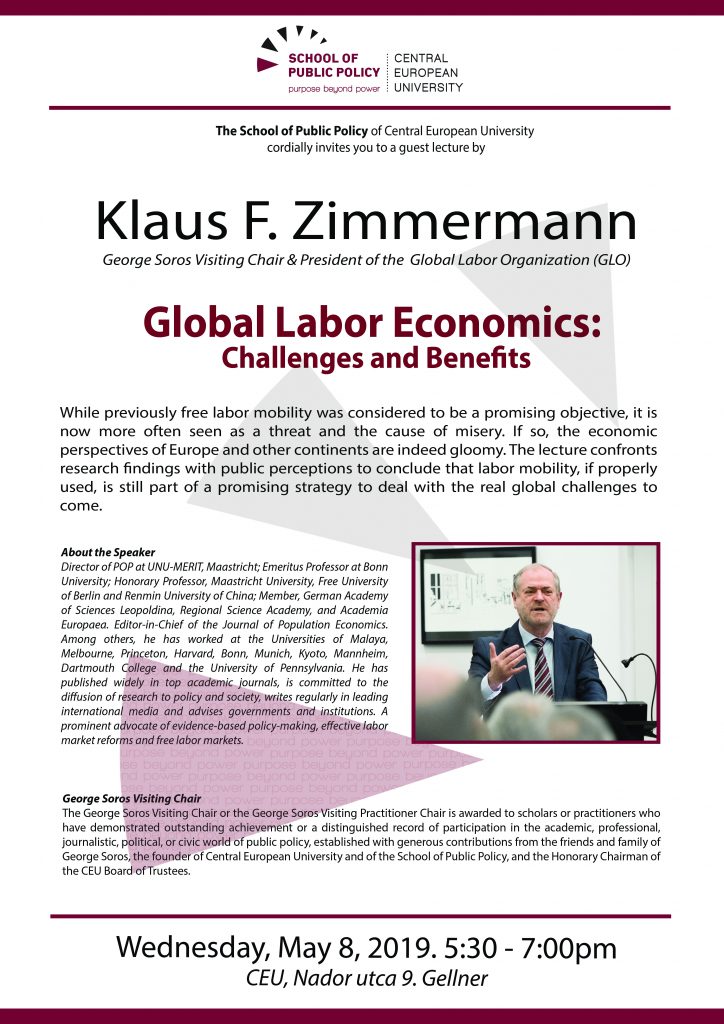
To participate please register with: BallB@spp.ceu.edu
Ends;
The Central European University (CEU) has appointed Klaus F. Zimmermann, who is also President of the Global Labor Organization (GLO), the George Soros Chair Professor at the School of Public Policy of CEU for April-June (Spring Term) 2019. He took residence in Budapest on April 1, 2019 and teaches since then a class in “Global Labor Economics” and will provide the public George Soros Lecture on “Global Labor Economics: Challenges and Benefits” on May 8, 2019 (see special announcement).
Budapest has played a particular role in the academic career of Klaus F. Zimmermann. Already early 1984, he received as academic youngster the honor of an invitation to the small-scale Winter Symposium of the Econometric Society, which took place in Budapest guided by Martin Hellwig, Janos Kornai and Jean-Jacques Laffont. In 1990 he came back as the then Secretary of the European Society for Population Economics (ESPE) to speak at the Workshop “Demographic Change and Social Policy” of the demographic institutes of the countries of the Eastern Socialist Block organized by the Hungarian Demographic Research Institute. Its then Director Istvan Monigl had invited Zimmermann and showed him also parts of Hungary in a personal tour. The ambitions of the two men was to initiate soon a big population economics congress in Budapest to foster change, which was achieved in 1993 when the annual ESPE congress took place in the city. Zimmermann came back regularly since then.
While 1984, 1990 and 1993 were visits in periods of change and transition with a high appreciation of freedom, mobility and collaboration, the current visit as a George Soros Chair Professor takes place in a period where free mobility, academic independence and European unity face declining popularity.
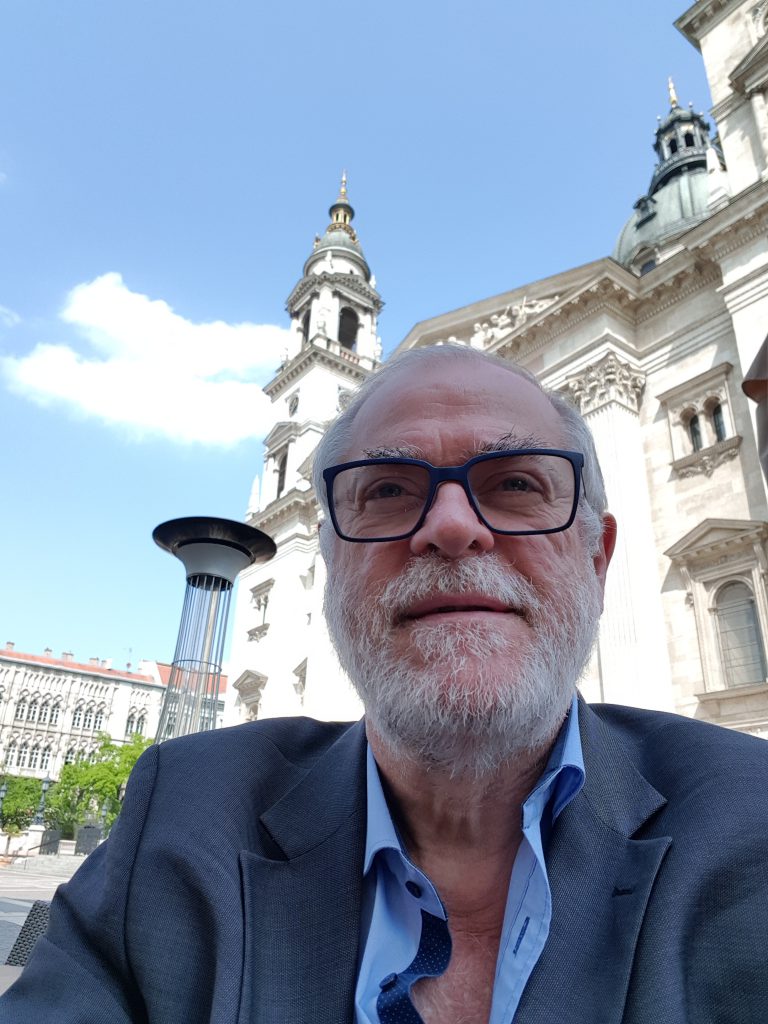
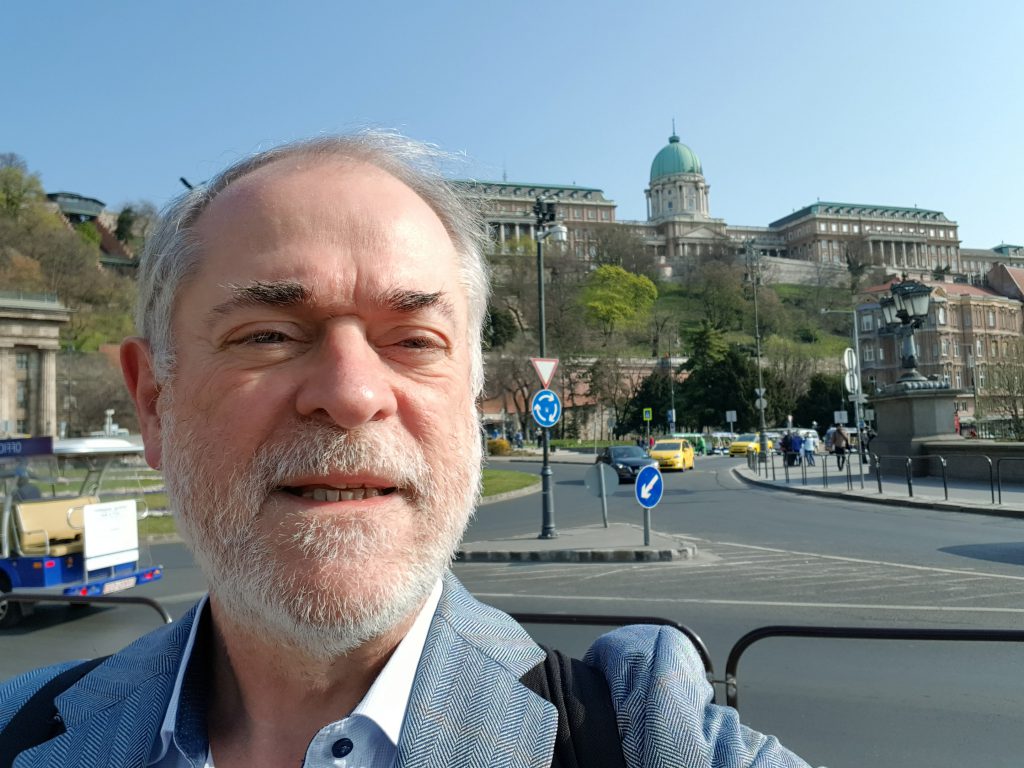
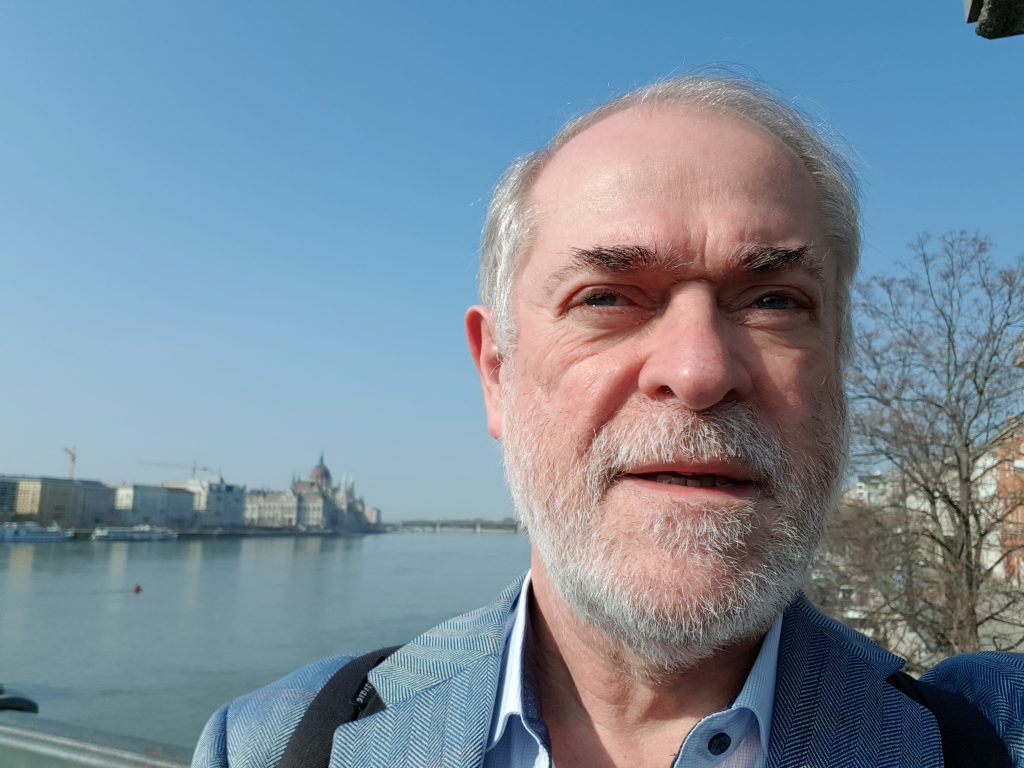
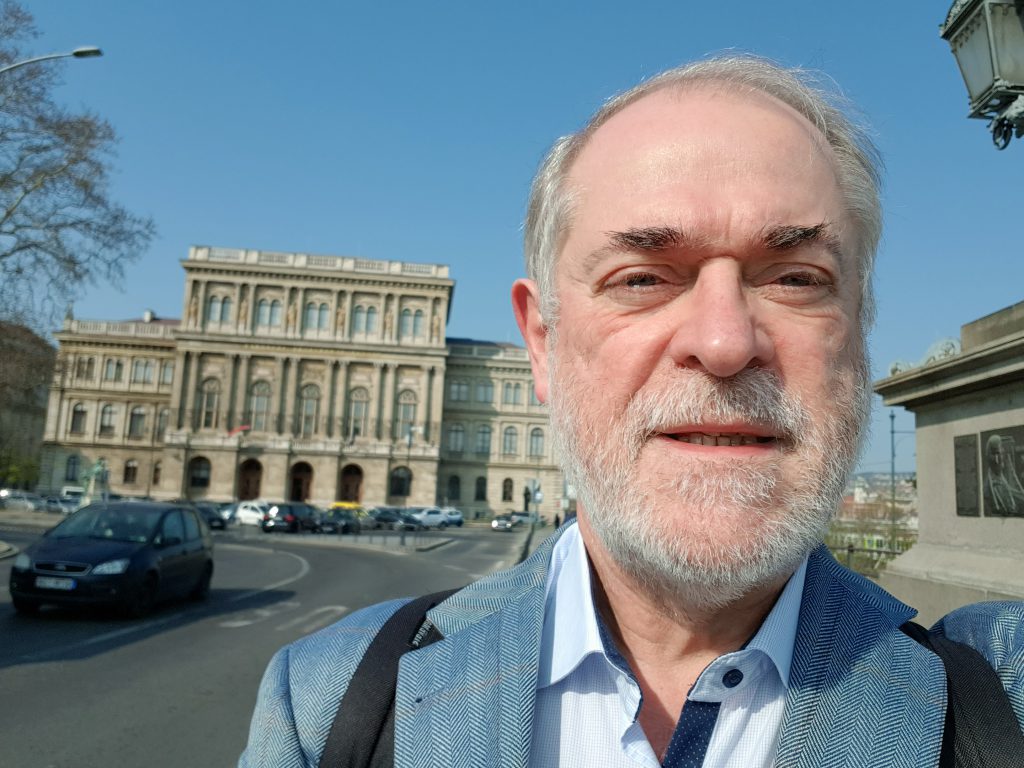
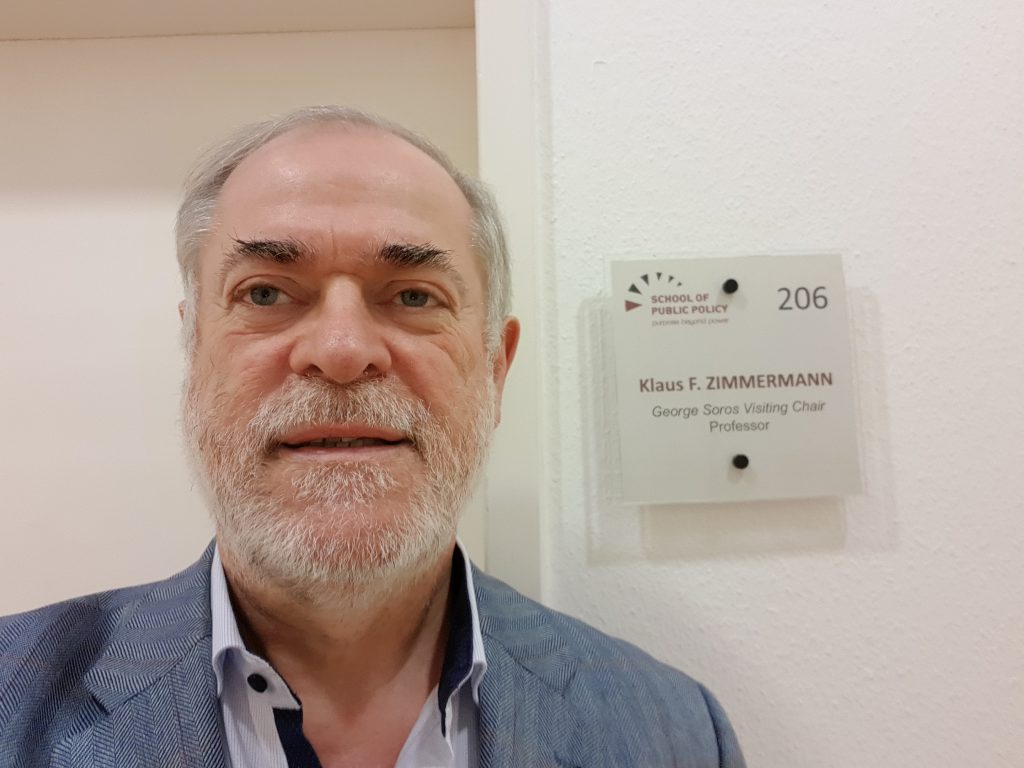
Ends;
The Global Labor Organization (GLO) recommends a Course in Microeconometrics by Professor Jeffrey M. Wooldridge of Michigan State University. GLO Fellow Wooldridge is one of the most distinguished econometricians of our time. He is the author of the famous book Econometric Analysis of Cross Section and Panel Data, 2e, MIT Press, which is a back-up for the instructive class. Venue of the event is the University of Kent on 16-17 May 2019.
The course will cover several topics of interest to empirical researchers working primarily on micro-level data sets. There are a limited number of places available in the course for academics and research students working on micro-level data sets.
For further details examine the announcement of the University of Kent.
GLO Fellow Olena Nizalova of the University of Kent is one of the organizers of the event. GLO Fellows and Affiliates are invited to nominate potential participants, please contact Olena Nizalova before the end of April about your interest.
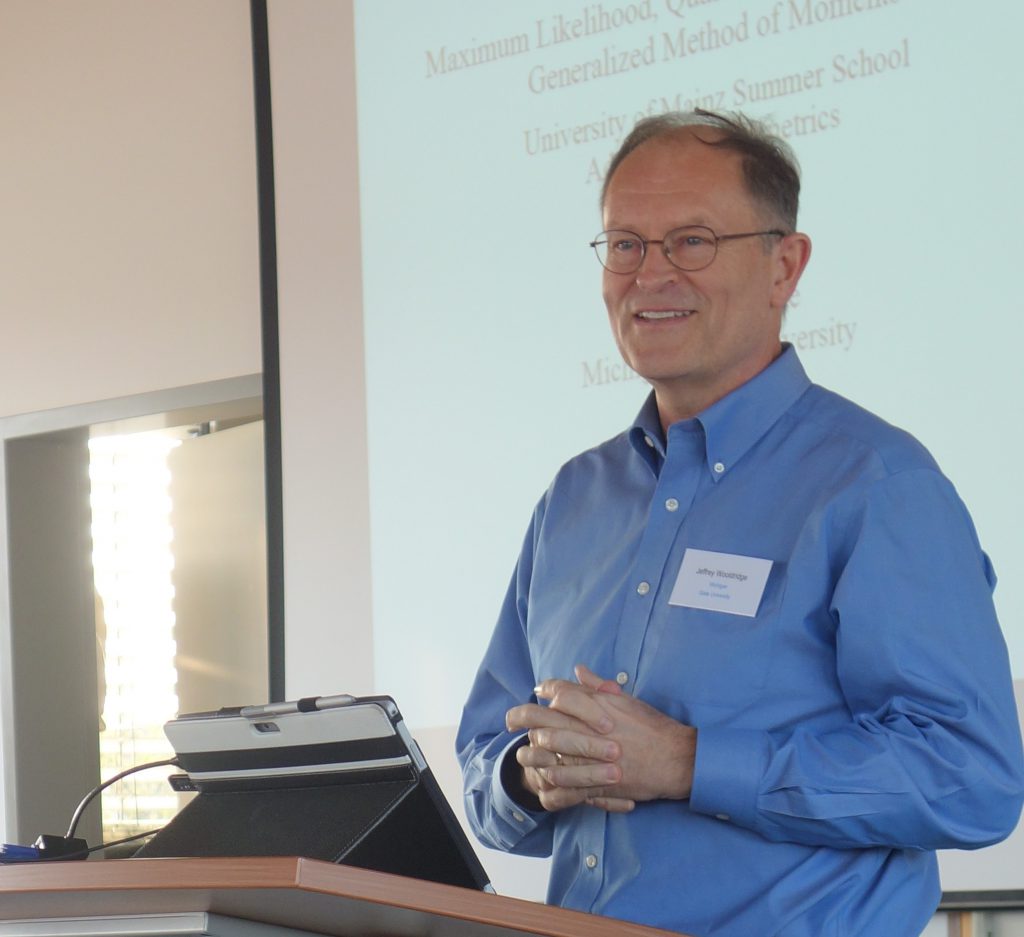
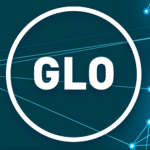
Ends;
The Berlin Government Office (Landesvertretung) of the State of North Rhine – Westphalia hosted on Friday April 5 the launch of the German book of ‘A Second chance for Europe: Economic, Political and Legal Perspectives of the European Union’ presented by Jo Ritzen. (“Eine zweite Chance für Europa: Wirtschaftliche, politische und rechtliche Perspektiven der Europäischen Union. Königshausen & Neumann). The host, Stephan Holthoff-Pförtner, Minister of North Rhine – Westphalia in Berlin, introduced the event, and Christoph Schmidt, President of the RWI Leibniz Institute for Economic Research and Head of the German Council of Economic Experts, provided a keynote speech discussing the challenges of Europe and evaluated the solutions outlined in the book. The detailed agenda can be found here.
Author Jo Ritzen, who is a former Dutch Minister of Education, a former Vice-President of the World Bank and the Past-President of Maastricht University, and has been a Professor of Economics before his remarkable career in politics, is currently working as Honorary Professor of Maastricht University and Fellow of the Global Labor Organization (GLO). At the book launch, he was presenting the major contributions of the book, which is based on joint research with a number of GLO Fellows.
Also present and serving in a panel discussion after the book presentation were Alexander Kritikos, Research Director of the German Institute for Economic Research (DIW), Professor at the University of Potsdam and GLO Fellow, and GLO President Klaus F. Zimmermann, currently visiting the Central European University (CEU) in Budapest as the George Soros Chair Professor. Zimmermann is also co-author of two chapters in the book.
In the view of Ritzen, key challenges for Europe are (i) the social market economy, (ii) governance including corruption, (iii) internal and external labor mobility, (iv) the asylum issue, (v) the dept crisis and the Euro, and (vi) the knowledge society. It was common sense among the speakers that more Europe and not less is needed in the future to manage the current and forthcoming challenges.
Latest news: The next version, Jo Ritzen announced at the meeting, will be in Spanish.
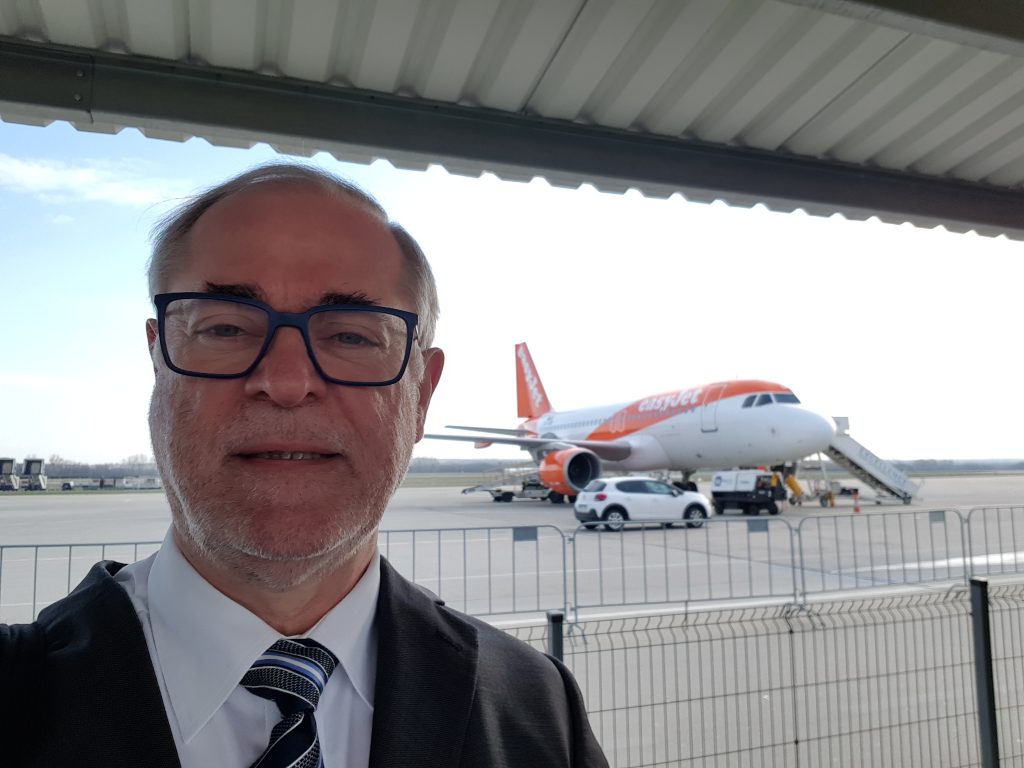
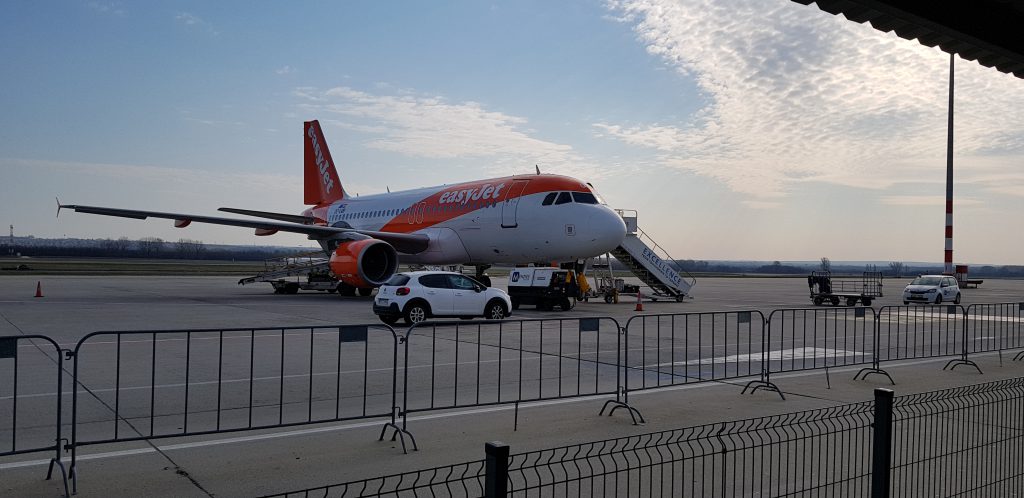
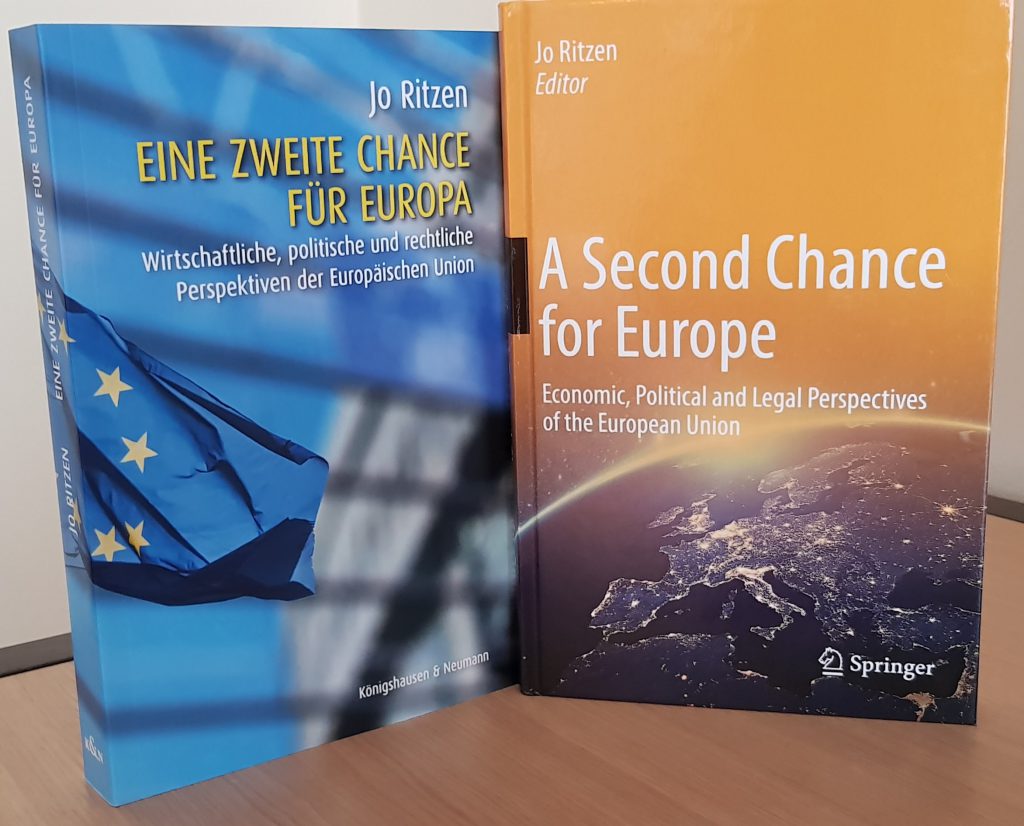
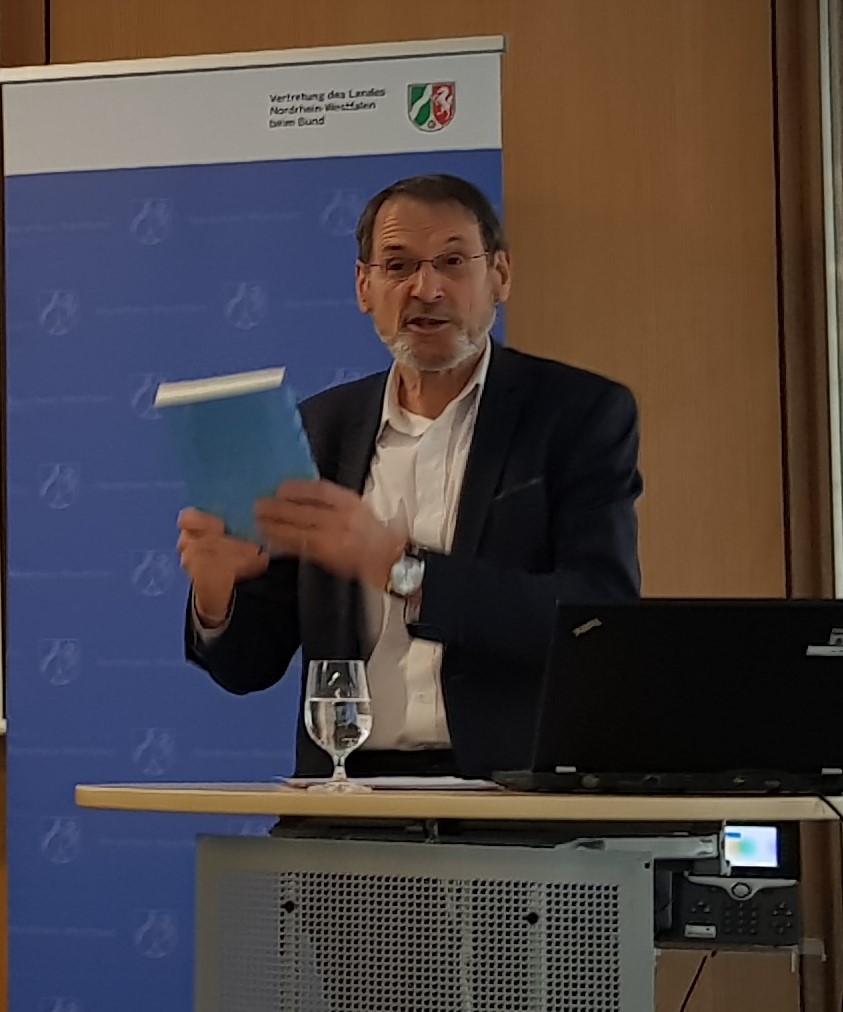
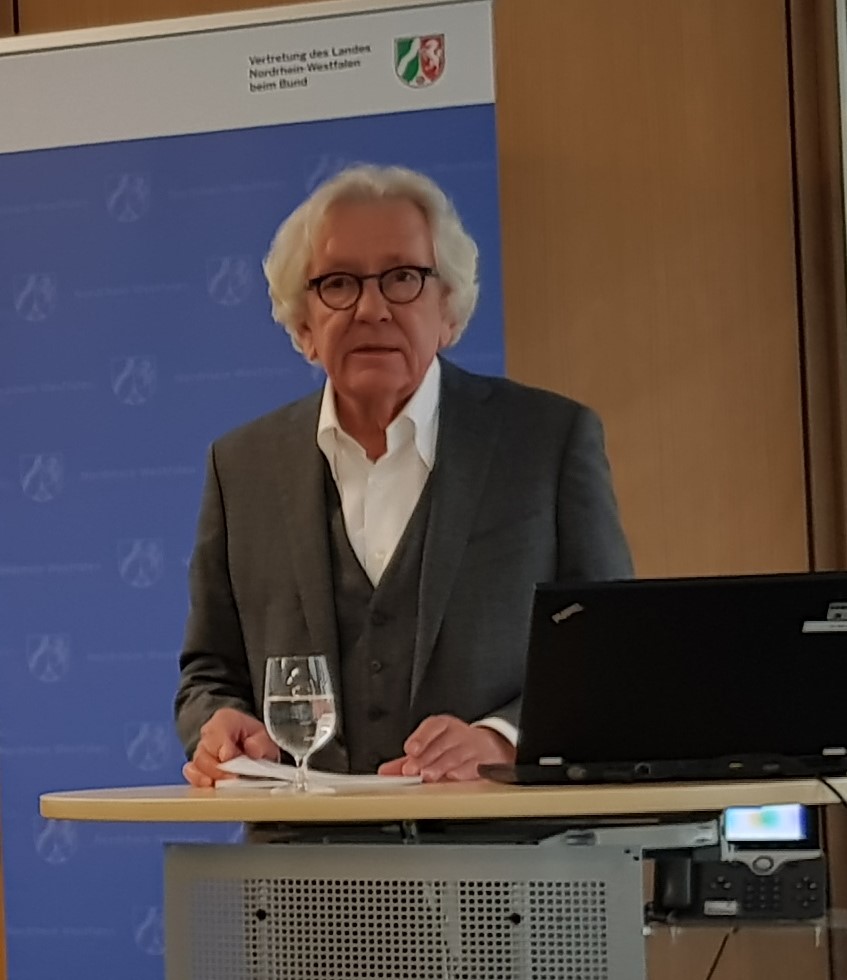
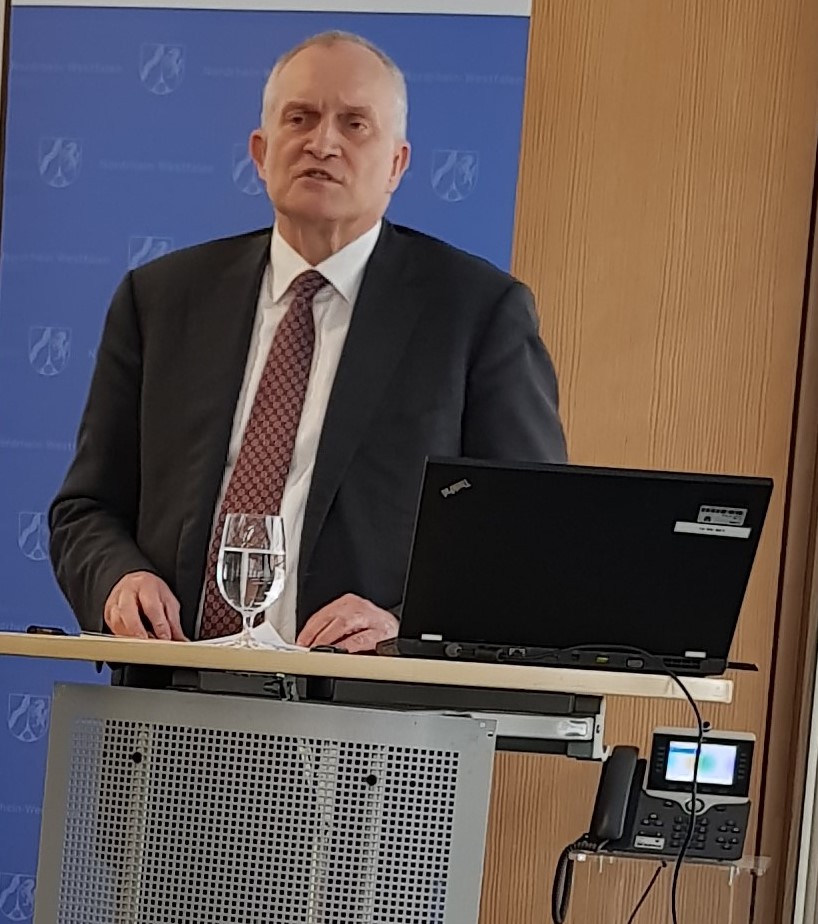
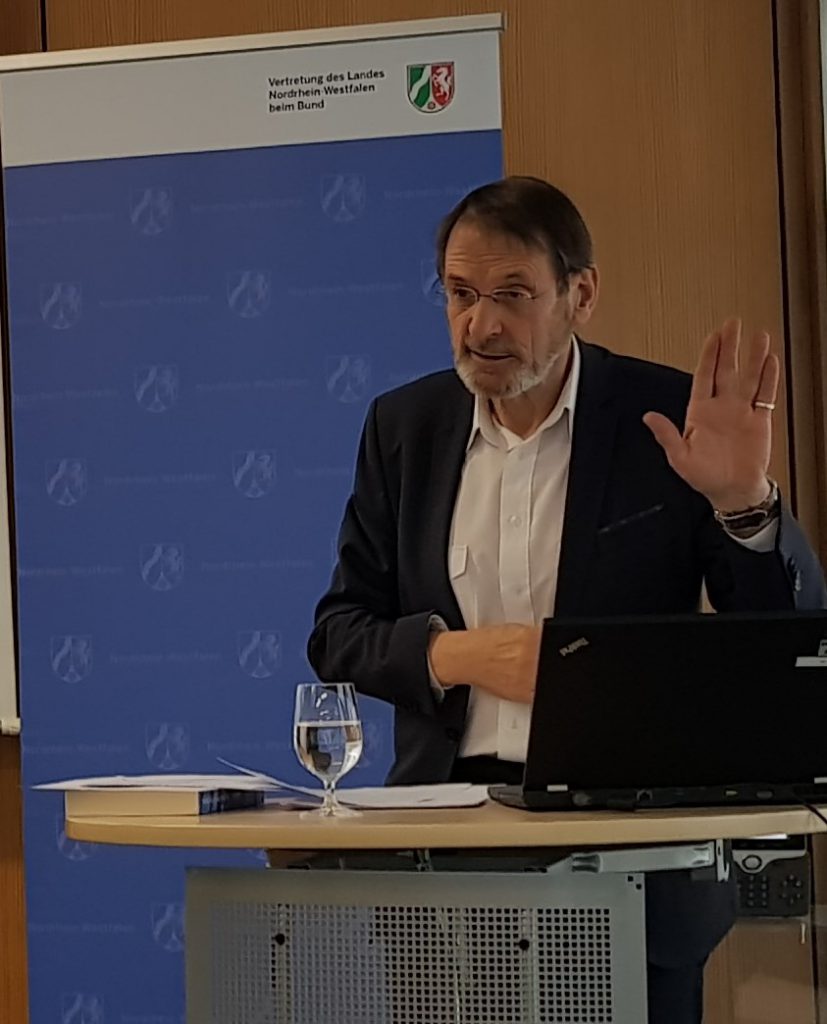
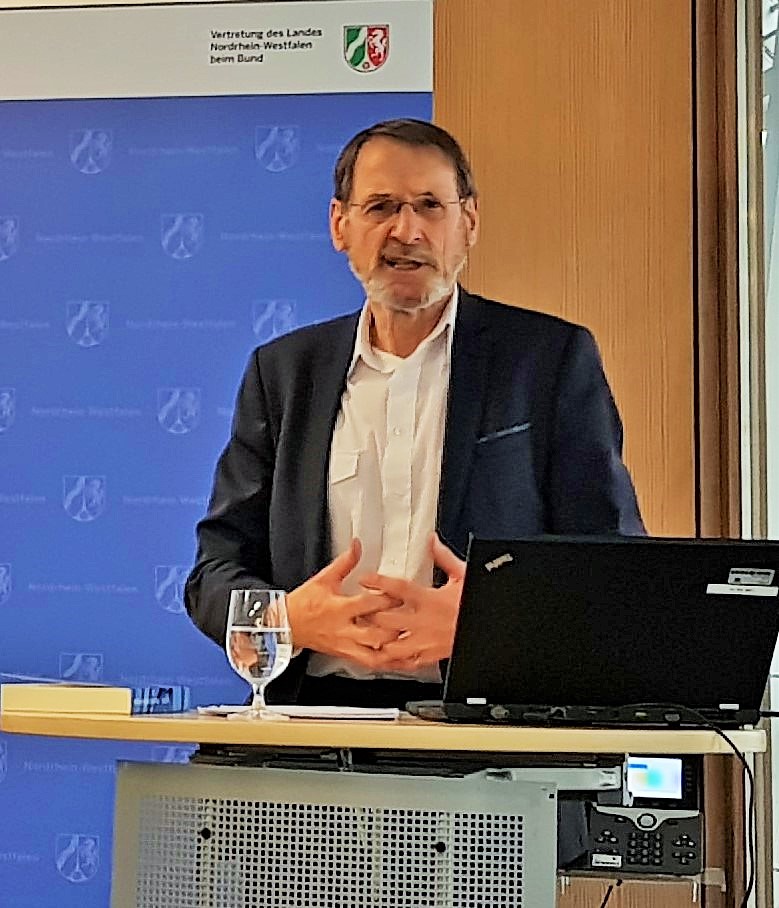
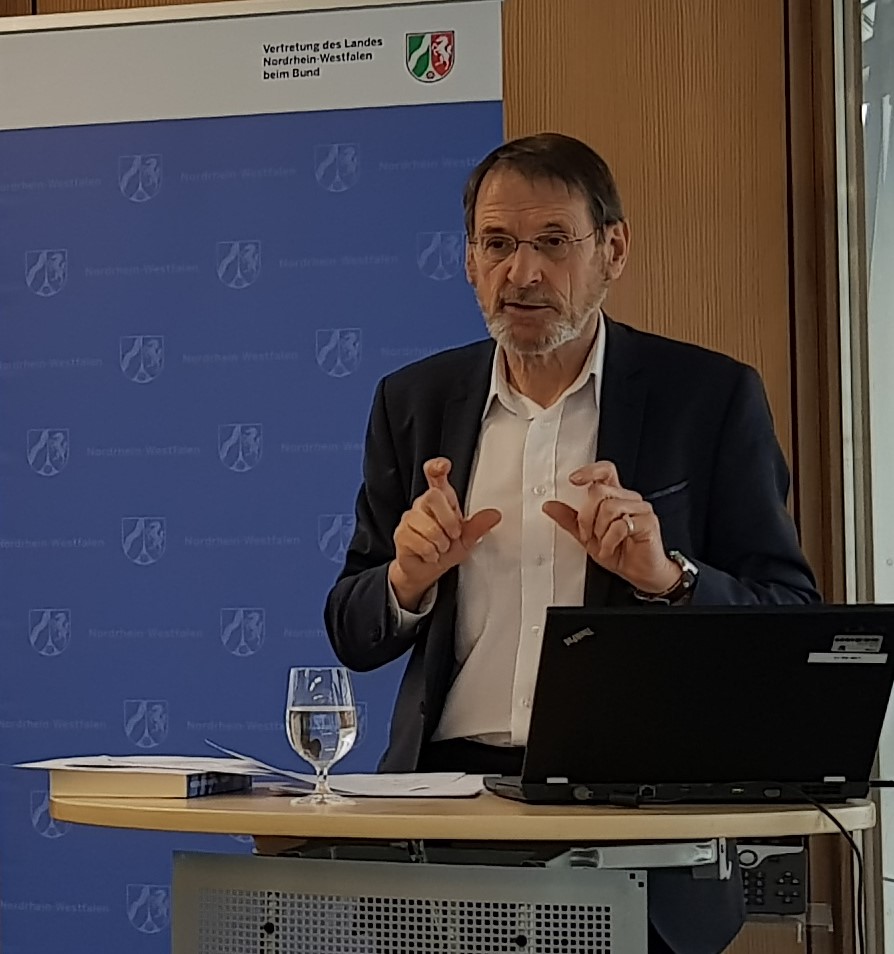
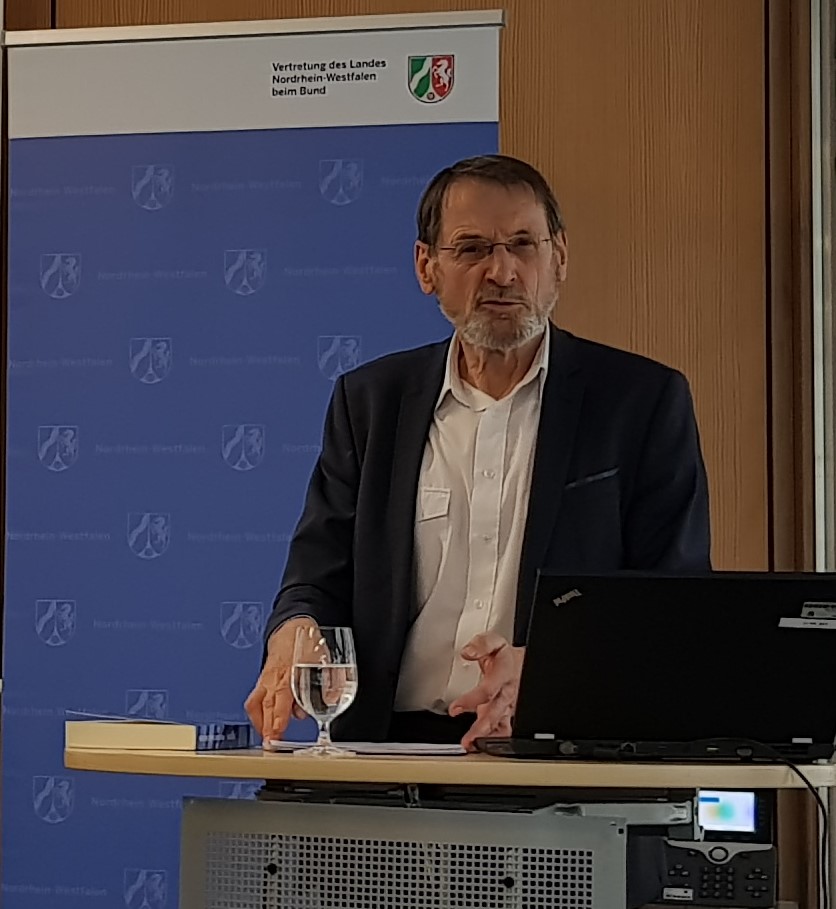
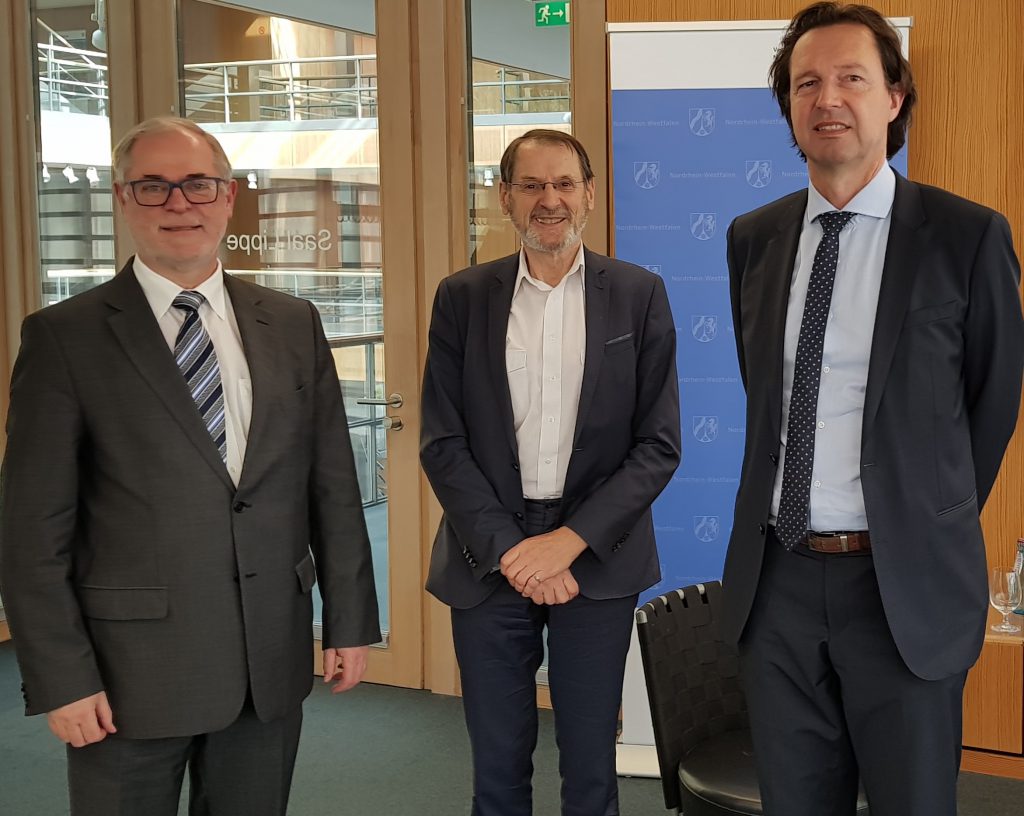
Ends;
The GLO Discussion Paper of the Month in March finds that girls living in localities with return migrants in Mali are less likely to be circumcised. This effect is driven mainly by the returnees from Côte d’Ivoire, suggesting that, in addition to punitive action against those who practice Female Genital Mutilation (FGM) or information campaigns, having lived in an African country where FGM practice is not customary is equally influential. This is evidence for the relevance of social remittances through return migration here by improving social norms.
GLO Discussion Papers are research and policy papers of the GLO Network which are widely circulated to encourage discussion. Provided in cooperation with EconStor, a service of the ZBW – Leibniz Information Centre for Economics, GLO Discussion Papers are among others listed in RePEc (see IDEAS, EconPapers). Complete list of all GLO DPs downloadable for free.
GLO Discussion Paper No. 329, 2019.
Female genital mutilation and migration in Mali. Do return migrants transfer social norms? – Download PDF
by Diabate, Idrissa & Mesplé-Somps, Sandrine
GLO Fellow Sandrine Mesplé-Somps.
Abstract: In this paper, we investigate the power of migration as a mechanism in the transmission of social norms, taking Mali and Female Genital Mutilation (FGM) as a case study. Mali has a strong FGM culture and a long-standing history of migration. We use an original household-level database coupled with census data to analyze the extent to which girls living in localities with high rates of return migrants are less prone to FGM. Malians migrate predominantly to other African countries where female circumcision is uncommon (e.g. Côte d’Ivoire) and to countries where FGM is totally banned (France and other developed countries) and where anti-FGM information campaigns frequently target African migrants. Taking a two-step instrumental variable approach to control for the endogeneity of migration and return decisions, we show that return migrants have a negative and significant influence on FGM practices. More precisely, we show that this result is primarily driven by the flow of returnees from Cote d’Ivoire. We also show that adults living in localities with return migrants are more informed about FGM and in favor of legislation. The impact of returnees may occur through several channels, including compositional effects, changes in return migrants’ attitudes toward FGM, and return migrants convincing stayers to change their FGM practices.
339 Monopsony Power and Guest Worker Programs – Download PDF
by Gibbons, Eric M. & Greenman, Allie & Norlander, Peter & Sørensen, Todd
338 Personality Traits and Performance in Online Labour Markets – Download PDF
by Mourelatos, Evangelos & Giannakopoulos, Nicholas & Tzagarakis, Manolis
337 Out-of-Partnership Births in East and West Germany – Download PDF
by Jirjahn, Uwe & Struewing, Cornelia
336 What Is the Value Added by Using Causal Machine Learning Methods in a Welfare Experiment Evaluation? – Download PDF
by Strittmatter, Anthony
335 Returns to Investment in Education: The Case of Turkey – Download PDF
by Patrinos, Harry Anthony & Psacharopoulos, George & Tansel, Aysit
334 Conflict Exposure and Economic Welfare in Nigeria – Download PDF
by Odozi, John Chiwuzulum & Oyelere, Ruth Uwaifo
333 Assessing the impact of off- and on-the-job training on employment outcomes. A counterfactual evaluation of the PIPOL program – Download PDF
by Pastore, Francesco & Pompili, Marco
332 Maternal Health, Children Education and Women Empowerment: Quasi-Experimental Evidence from India – Download PDF
by Chatterjee, Somdeep & Poddar, Prashant
331 Exchange rate, remittances and expenditure of foreign-born households: evidence from Australia – Download PDF
by Hasan, Syed & Ratna, Nazmun & Shakur, Shamim
330 Walls and Fences: A Journey Through History and Economics – Download PDF
by Vernon, Victoria & Zimmermann, Klaus F.
329 Female genital mutilation and migration in Mali. Do return migrants transfer social norms? – Download PDF
by Diabate, Idrissa & Mesplé-Somps, Sandrine
GLO DP Team
Senior Editors: Matloob Piracha (University of Kent) & GLO; Klaus F. Zimmermann (UNU-MERIT, Maastricht University and Bonn University).
Managing Editor: Magdalena Ulceluse, University of Groningen. DP@glabor.org
Ends;
A book launch of the German version of ‘A Second chance for Europe: Economic, Political and Legal Perspectives of the European Union’, edited by Prof. Jo Ritzen and originally published with Springer will take place on April 5, 2019 in Berlin. (See for details below.)
The launch of the German book will be in German. Next to the author Jo Ritzen (UNU-MERIT & Maastricht University), who will present the book, Stephan Holthoff-Pförtner, Minister of North Rhine – Westphalia, will introduce the event, and Christoph Schmidt, President of the RWI Leibniz Institute for Economic Research and Head of the German Council of Economic Experts, will provide a keynote speech. GLO President Klaus F. Zimmermann, currently visiting the Central European University (CEU) in Budapest as the George Soros Chair Professor, will moderate the discussion in a panel that includes Alexander Kritikos, Research Director of the German Institute for Economic Research (DIW) and Professor at the University of Potsdam. Ritzen and Kritikos are also Fellows of the Global Labor Organization (GLO).
FURTHER DETAILS on the book
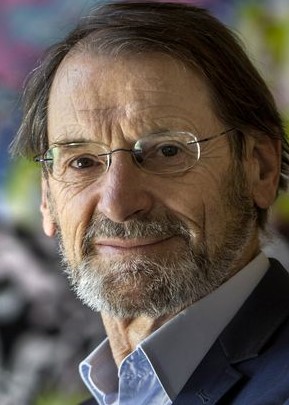
Jo Ritzen, (UNU-MERIT, Maastricht University and GLO) has been previously among others a Vice President of the World Bank, the Dutch Minister for Education and the President of Maastricht University.
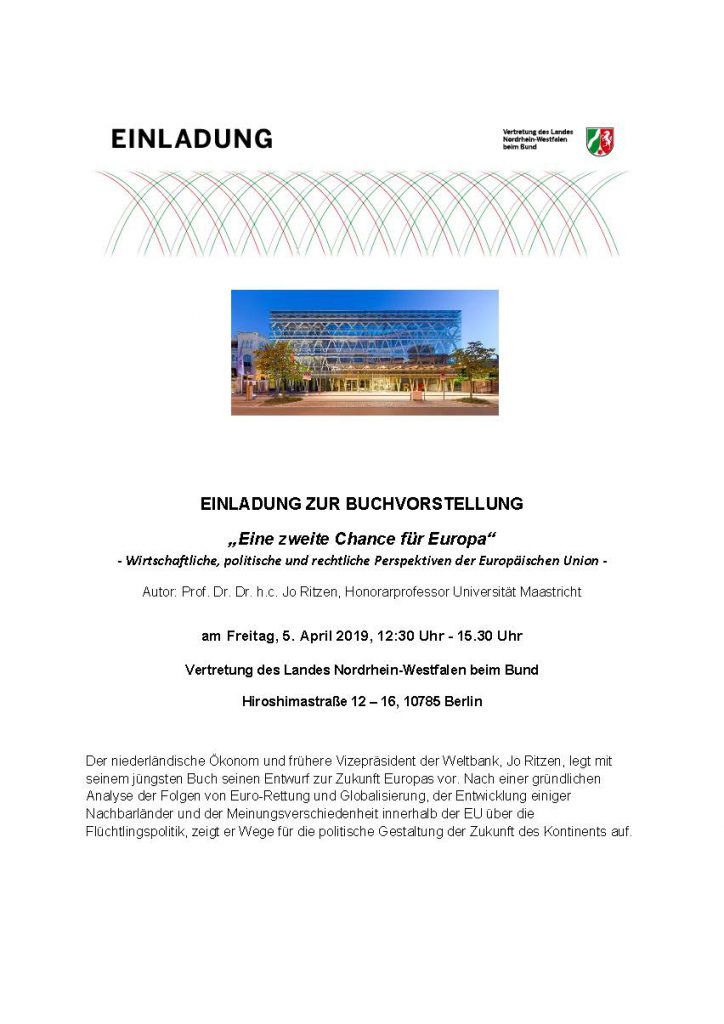
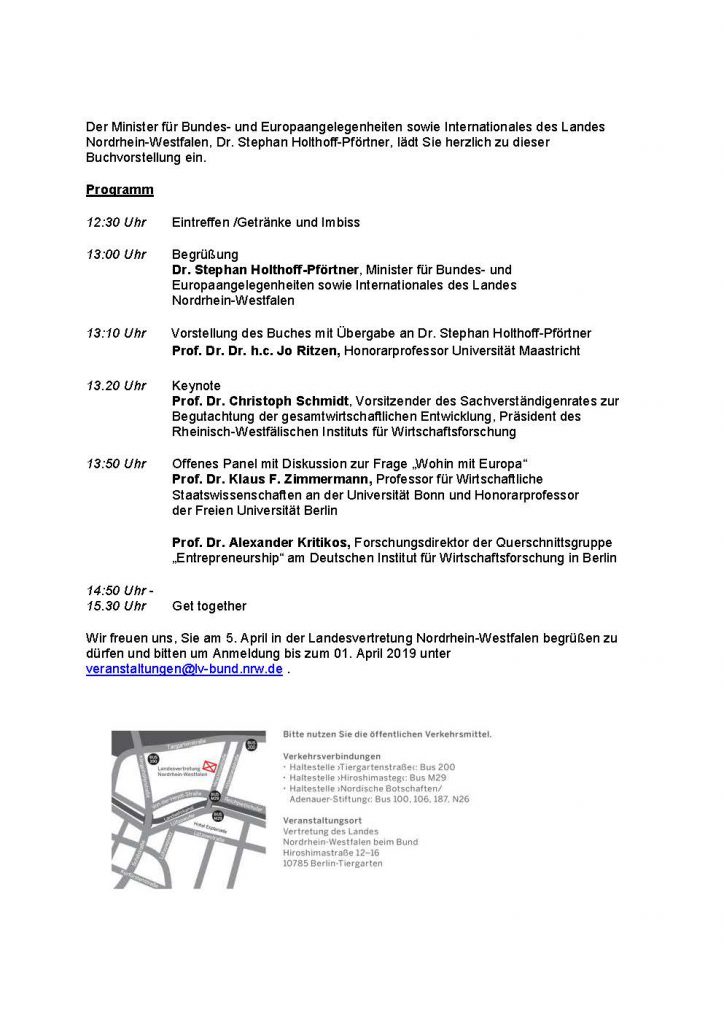
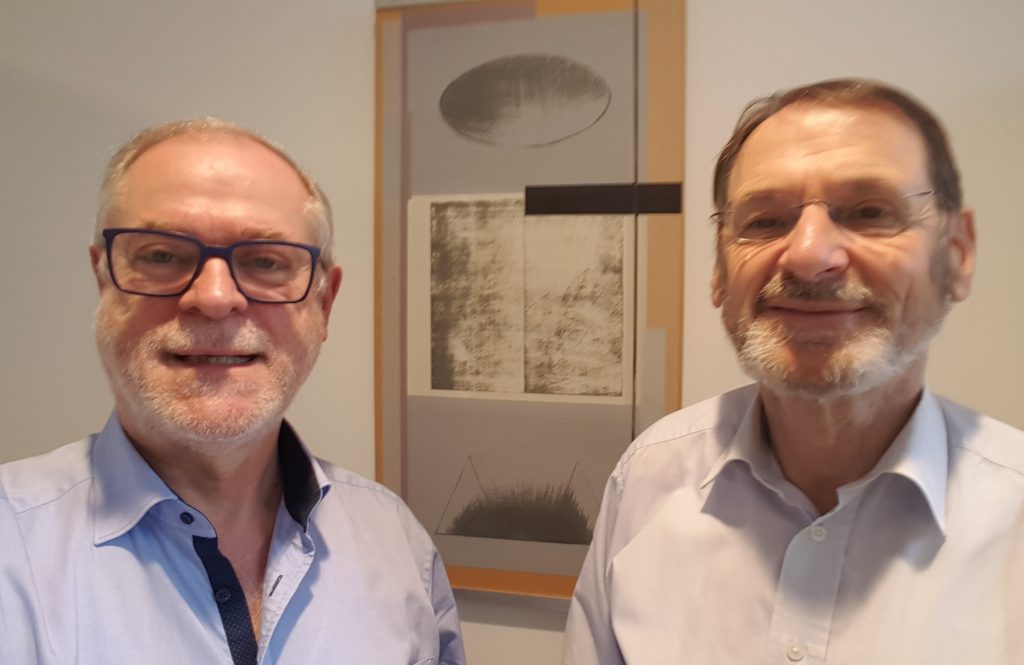
Ends;
Now accepted for publication in the Journal of Economic Behavior & Organization (JEBO):
GLO Discussion Paper No 322
Beyond the Average: Ethnic Capital Heterogeneity and Intergenerational Transmission of Education – Download PDF
by Chakraborty, Tanika & Schüller, Simone & Zimmermann, Klaus F.
GLO Fellows Tanika Chakraborty & Simone Schüller are at the Indian Institute of Management, Calcutta, and the Ifo Institute, Munich, respectively. GLO President Klaus F. Zimmermann is currently the George Soros Chair Professor at the Central European University (CEU) in Budapest.
Estimating the effect of ethnic capital on human capital investment decisions is complicated by the endogeneity of immigrants’ location choice, unobserved local correlates and the reflection problem. We exploit the institutional setting of a rare immigrant settlement policy in Germany, that generates quasi-random assignment across regions, and identify the causal impact of heterogeneous ethnic capital on educational outcomes of children. Correcting for endogenous location choice and correlated unobservables, we find that children of low-educated parents benefit significantly from the presence of high-educated parental peers of the same ethnicity. High educated parental peers from other ethnicities do not influence children’s learning achievements. Our estimates are unlikely to be confounded by the reflection problem since we study the effects of parental peers’ human capital which is pre-determined with respect to children’s outcomes. Our findings further suggest an increase in parental aspirations as a possible mechanism driving the heterogeneous ethnic capital effects, implying that profiling peers or ethnic role models could be important for migrant integration policies.
Ends;
Related to the interactions between media, populism and migration is a new Oxford University book also free access online, to which GLO President Klaus F. Zimmermann has contributed a chapter. See:
Zimmermann, Klaus F. (2019), Gaps and Challenges of Migration Policy Advice: The German Experience, in: Ruhs, M., Palme, J. and Tamas, K., Bridging the Gaps: Linking Research to Public Debates and Policy-making on Migration and Integration, Oxford University Press, Oxford 2019, pp. 111 – 126.
Zimmermann, who is now the George Soros Chair Professor at the School of Public Policy of the Central European University (CEU) in Budapest, has written most of the chapter during his tenure as a Rockefeller Foundation Policy Fellow 2017 in Bellagio/Italy.
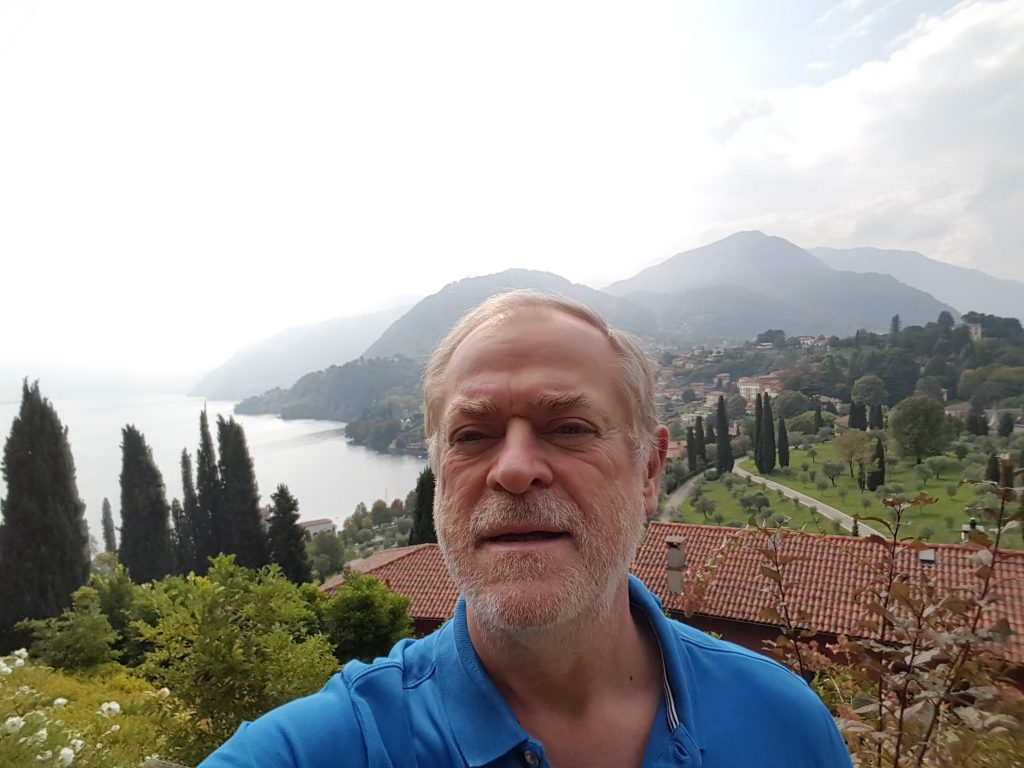
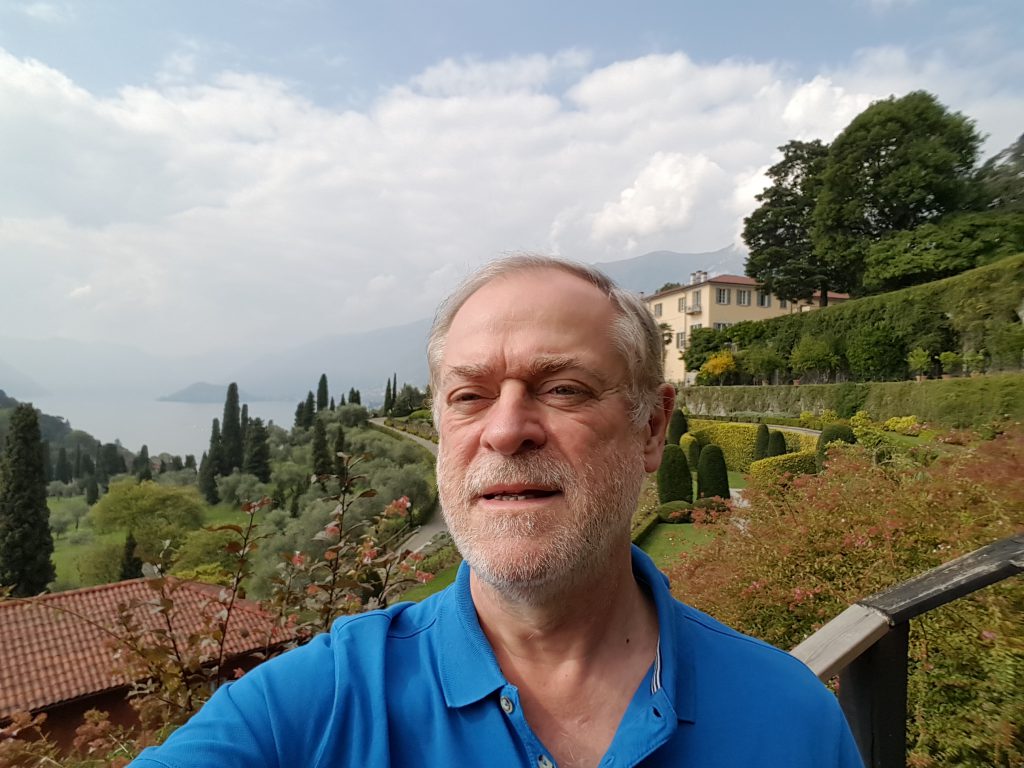
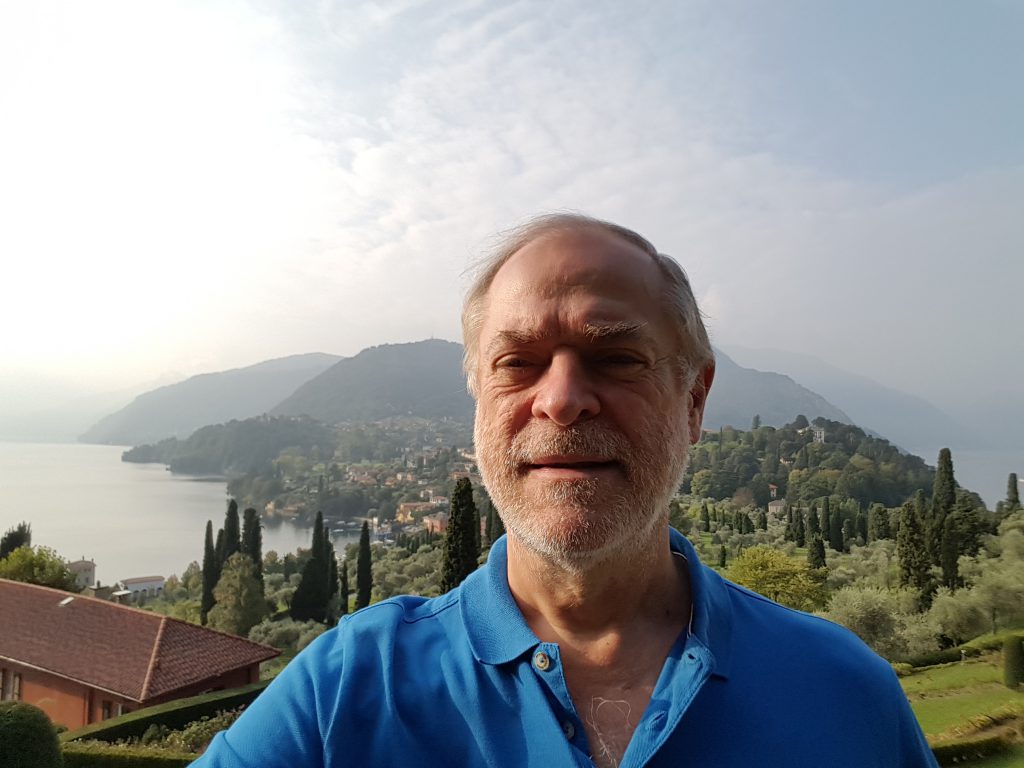
“What is the use of research in public debates and policy-making on immigration and integration? Why are there such large gaps between migration debates and migration realities, and how can they be reduced?”
Bridging the Gaps: Linking Research to Public Debates and Policy Making on Migration and Integration provides a unique set of studies written by researchers and policy experts who were significantly involved in linking social science research to public policies.
“Bridging the Gaps argues that we must go beyond the prevailing focus on the research-policy nexus by considering how the media, public opinion, and other dimensions of public debates can interact with research and policy-processes.”
Oxford University Press
Table of Contents:
1. Introduction: Making Linkages Between Research, Public Debates, and Policies on International Migration and Integration – Martin Ruhs, Kristof Tamas and Joakim Palme
Part I: Linking Research, Public Debates, and Policy-Making
2. Research, ‘Experts’, and the Politics of Migration – Christina Boswell
3. Research-Policy Dialogues on Migrant Integration in Europe: The Impact of Politicization – Han Entzinger, Peter Scholten
4. Informing Realities: Research, Public Opinion, and Media Reports on Migration and Integration – Will Allen, Scott Blinder, Rob McNeil
Part II: National Experiences
5. Independent Experts and Immigration Policies in the UK: Lessons from the Migration Advisory Committee (MAC) and the Migration Observatory (MigObs) – Martin Ruhs
6. The Changing Relationships Between Research, Society and Policy in the Netherlands: Reflections on the WRR ‘Maxima Report’ – Monique Kremer
7. Investigating Immigration and the Sustainability of the Norwegian Welfare State: The Role of Government Commissions – Grete Brochmann
8. Gaps and Challenges of Migration Policy Advice: The German Experience – Klaus F. Zimmermann
9. The Politicization of Evidence-Based Policies: The Case of Swedish Committees – Kristof Tamas
10. Migration Research and Policy in the United States: Between Admissionists and Restrictionists – Philip Martin
Part III: International Experiences
11. Understanding the Role of Evidence in EU Policy Development: A Case Study of the ‘Migration Crisis’ – Elizabeth Collett
12. A Knowledge-Base for the EU External Migration Policy: The Case of the CARIM Observatories – Agnieszka Weinar
13. Metropolis and Post-Truth Politics: ‘Enhancing Policy Through Research’ – Howard Duncan
14. More Research and Fewer Experts: Global Governance and International Migration – Katy Long
Part IV: Conclusions, Lessons Learnt and the Way Forward
15. Bridging Research, Public Debates, and Policies on Migration and Integration: Lessons Learnt and Ways Forward – Joakim Palme, Martin Ruhs, and Kristof Tamas
LINK TO THE FULL MANUSCRIPT OPEN ACCESS.
RELATED TO THIS AND JUST ONLINE THESE DAYS TOO:
In its Winter 2019 issue of “The International Economy”, the Washington DC based magazine of international economic policy, has featured a prominent symposium of views on “Why is Populism on the Rise and What Do the Populists Want?”. Klaus F. Zimmermann, the President of the Global Labor Organization (GLO), had been also asked to contribute to this debate. The link to the full text of the symposium is here. Please find the contribution of Zimmermann also HERE.
Ends;